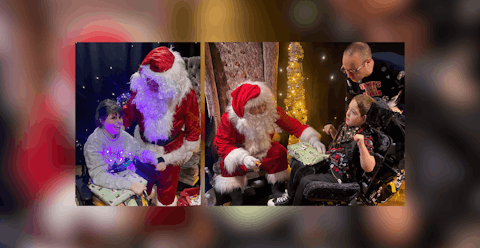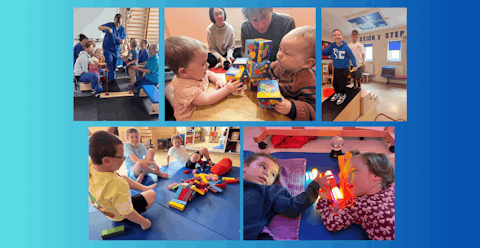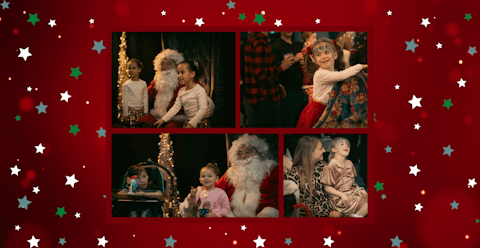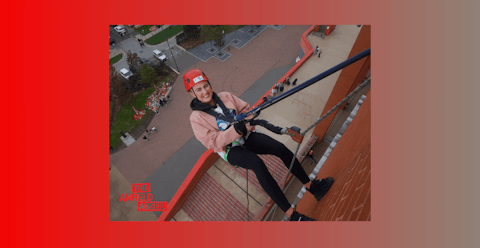
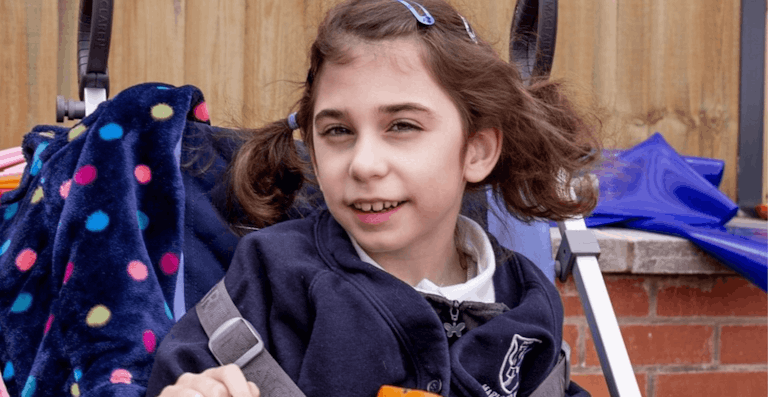
Conductive Education: Enabling every child to reach their potential
16 June 2022
Conductive education is based on a ‘simple’ concept of human potential; meaning that everyone has the capability to learn and develop, regardless of their starting point.
Originally created and developed in Hungary by András Pető, Conductive Education (CE) can be applied throughout a person’s whole life.
It is traditionally beneficial for those with cerebral palsy, Parkinson’s disease, MS, stroke and acquired brain injury. It focuses on potential and ability, rather than an individual’s disability.
People with neurological and mobility impairment can learn to perform daily tasks that children without such impairment learn through normal life experiences. Conductive Education is delivered by qualified professionals known as conductors.
Disabled children are often assessed for what they ‘cannot do’ rather than what potential they have.
Conductors are specialists that are trained to observe this potential in a child; to nurture their development and devise structured programmes to enable success. CE combines education, psychology and medical science and considers all aspects of the person simultaneously.
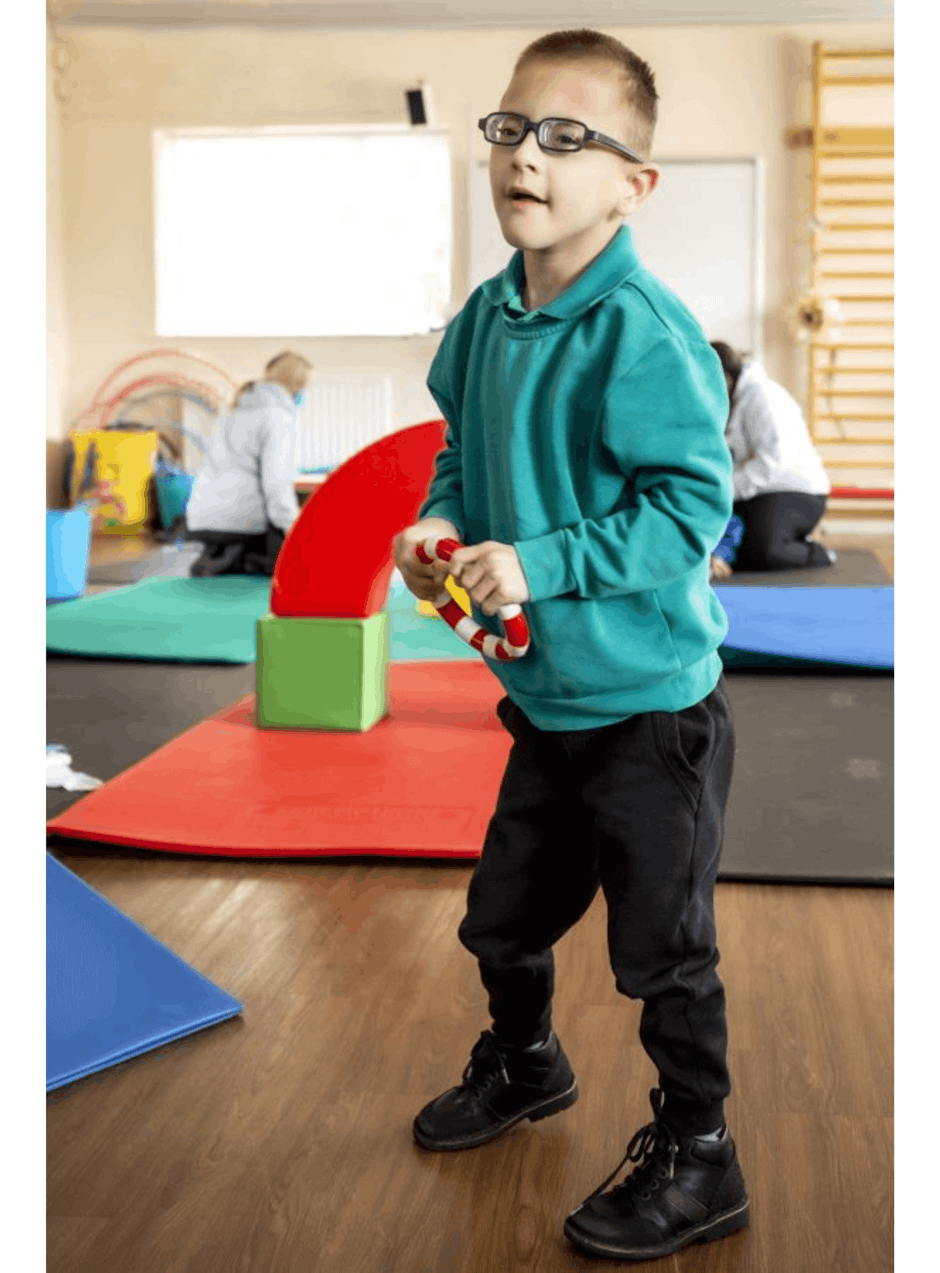
Supporting children, young people and their families
There are over 30 Conductive Education centres in the UK. Charity Stick ‘n’ Step supports over 100 children and young people with cerebral palsy up to the age of 25 and their families through the provision of weekly Conductive Education (CE) sessions delivered free of charge from its specialist centres in Wallasey and Runcorn.
The sessions are designed to help each child reach their personal potential in terms of mobility, confidence, and independence, allowing them to gain the skills they need to live more independent lives.
Conductive Education is about active learning. Stick ‘n’ Step sessions, delivered by highly skilled professionals, incorporate play, mobility tasks, music and songs into structured routines to develop functional skills.
Every child and young person that attends Stick ‘n’ Step has an Individual Development Plan with specific goals and objectives. Children and young people work in small groups based on their ability; this creates a positive environment where children are motivated to learn whilst having fun.
Even though they are working in a group setting, we tailor the tasks and exercises to each child’s ability and development. Working alongside their peers, they are empowered to achieve realistic goals that are specific and relevant to them.
An important part of Stick ‘n’ Step’s work is its support of the whole family. Regular attendance at the centres means that parents and extended family have the opportunity to meet others in a similar situation and they benefit from regular respite time whilst their children develop in the classroom.
Why ‘Stick ‘n’ Step?
Stick ‘n’ Step is so named because in the early days of the charity, most of the children were of pre-school and primary age and many of them were learning to walk with mobility aids (sticks).
The parents chose the name Stick ‘n’ Step because they would hear conductors repeating ‘stick… and step’ in a slow rhythm to help those children control their movements, coordinate their steps, and move forward at a steady pace.
Nowadays, Stick ‘n’ Step works with children and young people from 0 to 25 years old with a range of personal goals, which may or may not include walking with a stick, but the name Stick ‘n’ Step is so treasured by everyone, it has well and truly stuck.
Support and fundraising
Stick ‘n’ Step receives no funding from statutory bodies but continues thanks to the ongoing generosity of friends and supporters, including local communities and businesses and grant-providers. A collection of businesses support Stick ‘n’ Step on a regular basis, from simple donations and Charity of the Year partnerships to regular giving and volunteering. The charity has a variety of different events, campaigns and activities employees can get involved with, from sky dives and abseils, to sponsored walks and ballroom dancing.
One such local business, The Accountancy Partnership, has recently started fundraising for Stick ‘n Step. Following a visit by staff to one of the charity’s centres, some of the children suggested challenges that employees could take on, in order to raise money to pay for a child’s place for a year. The challenges included carrying plates of jelly up a Welsh mountain, running a relay race dressed in chicken suits and a superhero cycling race. The Accountancy Partnership smashed their fundraising target in a matter of weeks, as employees really embraced the challenge and wholeheartedly engaged with the charity and what it is trying to achieve.
Ben Gent and John Doyle, principal lawyers at Slater and Gordon, said: “Stick ’n’ Step provides vital and invaluable support to children and young adults up to the age of 25.
“The charity aims to help each child reach their personal potential in terms of mobility, confidence and independence and over 100 families are supported by the charity, each year. All of this is achieved with no government funding. Slater and Gordon Lawyers is proud to support the brilliant work done by this charity.”
Amy Couture, CEO of Stick ‘n’ Step, said: “We like to establish partnerships with commercial organisations that share our vision and values. It helps them achieve their strategic objectives for CSR and team building while we benefit enormously from their financial support, which enables us to continue to deliver our conductive education sessions to a growing number of children and young people, free of charge. We are so grateful to all our supporters.”
